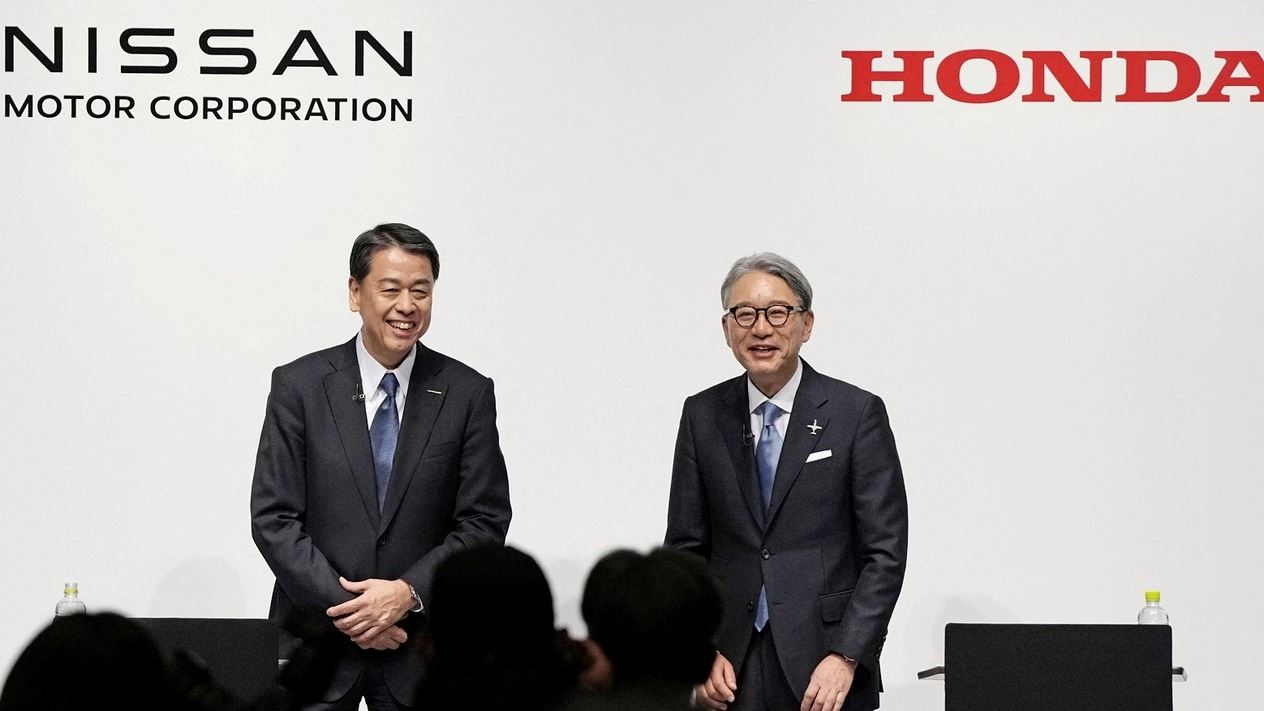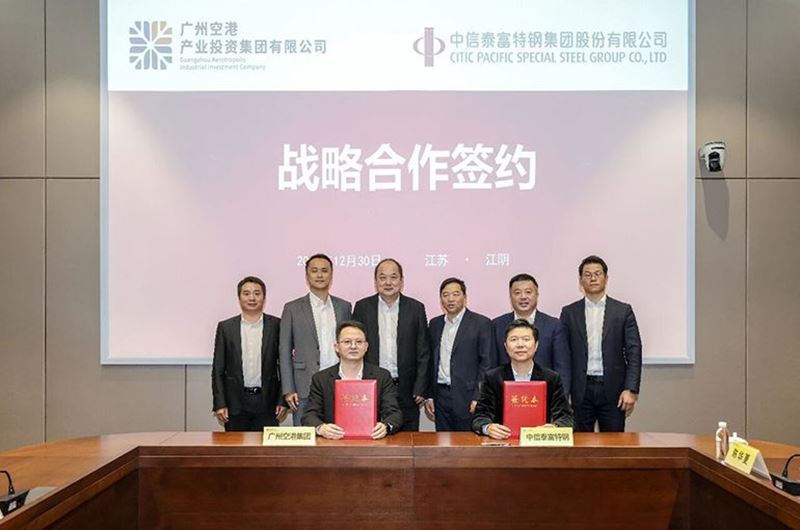In response to the global transformation of the automotive sector, Nissan and Honda have begun discussions on a potential merger. Mitsubishi Motors has also joined the process, aiming to create a globally influential automotive giant.
The companies announced plans to establish a joint holding company, expected to be listed on the Tokyo Stock Exchange by August 2026. However, uncertainties remain, and the merger is not guaranteed to proceed.
If successful, the merger could result in an annual production capacity of 7.5 million vehicles and a market value of USD 50 billion. This scale would enable the group to compete with industry giants like Toyota and Volkswagen.
Japanese automakers, having lagged behind leaders such as Tesla and China’s BYD in the electric vehicle market, aim to advance through this merger. By pooling resources, the partnership seeks to reduce costs and develop innovative solutions in critical areas like battery technology and autonomous driving.
Experts highlight that Nissan’s expertise in EV battery technologies could accelerate Honda’s progress, while Honda’s strengths in large SUVs could address Nissan’s shortcomings. However, Nissan’s past financial struggles and workforce reductions are viewed as potential risks in the merger process.
Industry analysts see this move as a strategic transformation. If successful, the merger is expected to significantly impact the evolving automotive industry.









Comments
No comment yet.